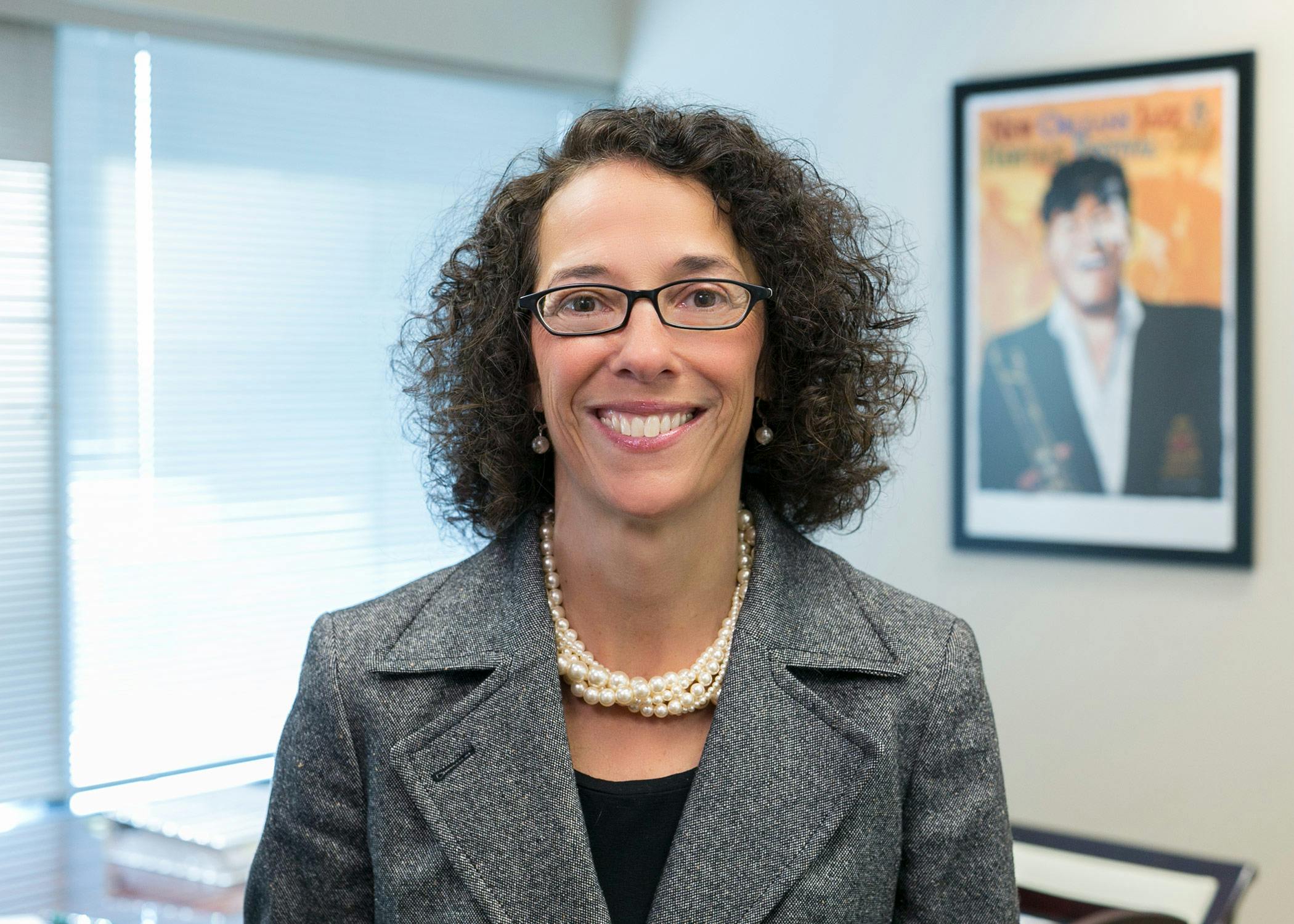Last week, the House Financial Services Committee voted to advance the SAFE (Secure and Fair Enforcement) Banking Act, which would permit banks and other institutions to provide financial services to the current primarily cash-based state-legal cannabis industry, such as dispensaries, growers and other cannabis-touching businesses. The SAFE Banking Act was introduced by Representatives Ed Perlmutter (D-CO) and Denny Heck (D-WA) with 132 Democratic and 12 Republican co-sponsors. The Act has also found support from major financial services industry associations, such as the American Land Title Association and the Council of Insurance Agents and Brokers.
Because cannabis is still a Schedule 1 drug, many federal institutions have refused to accept funds from businesses involved in cannabis, including relatively rudimentary financial services such as holding deposits and transmitting funds. This refusal has made the legal cannabis industry a primarily cash-based business, meaning that market participants may only accept cash from their customers, and must pay their suppliers, employees and even their taxes in cash. Legal cannabis businesses also routinely have large amounts of cash on hand: a busy retail dispensary may realize over a million dollars per month in revenue, which has led many to rely on private security and armed guards to help safeguard their cash hoard and protect their businesses from robbery and other crimes.
Many supporters of the SAFE Banking Act, including an organization representing banks, are not directly supporting the legalization of cannabis, but rather recognize the conflict between state and federal law exposes the everyday public safety concerns of cannabis-businesses that are forced to deal with large amounts of cash.
Although many observers expect the SAFE Banking Act to ultimately pass the House, it is unclear whether and when the Republican-controlled Senate may act on the bill. A spokesperson for Senate Banking Committee Chairman Mike Crapo (R-ID) has previously declined to comment when asked whether the Senate committee would take up the bill.
Among other concerns, many conservatives in the Senate have taken issue with the SAFE Banking Act’s definition of “financial services” to be provided to cannabis businesses, finding that the definition is aimed at providing services to consumers and not to commercial enterprises, which seems to defeat the purpose of the bill. Michael Williams, founder of the Williams Group, a public policy consulting firm, also noted that the SAFE Banking Act faces opposition from certain Democrats for not taking sufficient steps toward federal cannabis legalization, while certain Republicans oppose the bill based on their historic resistance to cannabis legalization. “It’s a weird juxtaposition because you’ve got Democrats who are making the argument that Republicans usually make on the states’ rights and you’ve got Republicans who say well no, the federal government should be the decider in this because either [cannabis is] legal or it’s not” said Mr. Williams.
Nixon Peabody will continue to monitor the SAFE Banking Act as it progresses through the House and Senate and will provide subsequent alerts as developments in the cannabis industry continue.


